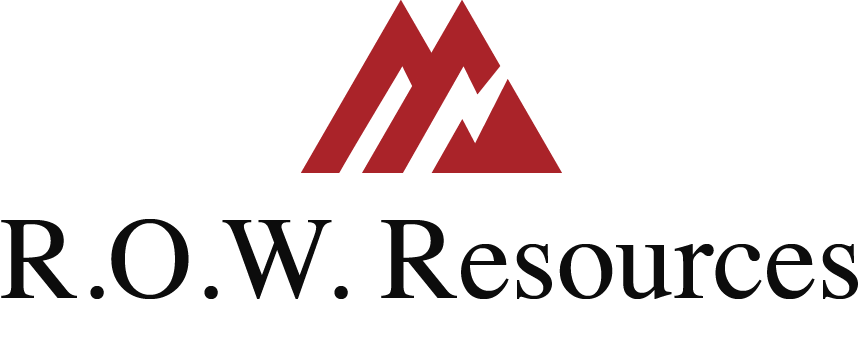The re-election of President Donald Trump is expected to influence U.S. water policy significantly by 2025, with implications for industries like fluid handling. As federal priorities shift toward deregulation and market-driven growth, the fluid handling industry must prepare to adapt to these changes. According to Smart Water Magazine, these adjustments may impact water quality standards, infrastructure investments, and climate initiatives.
How 2025 U.S. Water Policy Impacts the Fluid Handling Industry
- Infrastructure Development Opportunities
Policy changes are likely to prioritize economic growth, which could lead to increased infrastructure projects, such as pipelines, water utility upgrades, and refineries. For the fluid handling industry, this growth translates to heightened demand for services like water transfers, equipment flushing, and pipeline maintenance.- Focus on Fluid Handling: At R.O.W. Resources, we are ready to scale our services to meet the increasing demands of infrastructure development while ensuring safety and efficiency remain top priorities.
- Relaxation of Water Quality Regulations
Expected changes to federal water quality standards could shift compliance responsibilities to state and local governments. While this may streamline some projects, it introduces variability in standards across regions.- R.O.W. Resources’ Commitment: By adhering to rigorous internal safety and environmental protocols, we help clients navigate regional requirements without sacrificing quality or sustainability.
- Reduced Federal Focus on Climate Initiatives
A reduced emphasis on climate-related water management programs, such as conservation and flood prevention, could leave gaps in the broader water policy landscape. This creates opportunities for private-sector solutions to step in and fill the void.- Innovative Fluid Handling Solutions: R.O.W. Resources is committed to offering forward-thinking solutions that optimize water usage and efficiency, ensuring sustainability across all projects.
Preparing for Regulatory Changes in 2025
The fluid handling industry thrives on its ability to adapt to changes, and the regulatory shifts anticipated in 2025 are no exception. Here’s how R.O.W. Resources is preparing to lead in this new landscape:
- Proactive Environmental Responsibility: Maintaining high standards in safety and environmental compliance ensures we stay ahead, even as federal oversight changes.
- Flexible Services: Our tailored fluid handling solutions, from water transfers to large-scale equipment flushing, meet the needs of diverse projects and regulations.
- Technology Integration: By leveraging advanced tools and data insights, we optimize resources and deliver reliable, efficient solutions.
Opportunities for Growth in the Fluid Handling Industry
The emphasis on infrastructure projects presents a significant growth opportunity for the fluid handling industry. Companies that can scale operations, innovate their service offerings, and adapt to policy shifts will have a competitive edge.
Scaling with Confidence: At R.O.W. Resources, we’re investing in our workforce and technology to ensure we meet the demands of increased infrastructure development, delivering results that exceed client expectations.
Conclusion: Navigating 2025 Policy Changes in Fluid Handling
The 2025 U.S. water policy highlights a pivotal moment for the fluid handling industry. While deregulation and market-driven growth bring opportunities, they also underscore the importance of proactive planning and innovative solutions. R.O.W. Resources is committed to navigating this evolving landscape with reliability, safety, and sustainability at the forefront.
To learn more about how these policy changes may affect the industry, visit Smart Water Magazine’s full article.
